What treatment
10+ Highly Rated Stem Cell Treatment for Alzheimers Disease Clinics in United States
Reach Out to These Certified Stem Cell Treatment for Alzheimers Disease Clinics List in United States Loved by Patients!
Regenestem Fort Lauderdale, USA
Overview
Regenestem is a leading regenerative medicine center in Fort Lauderdale, USA, specializing in treatments for neurological conditions, COPD, MS, and more.
Read more details
California Wellness Institute
Overview
Discover Urology and Anti Aging Regenerative Medicine at California Wellness Institute in Rancho Mirage, California, USA - CWIs expert care.
Read more details
Personalized Regenerative Medicine
Overview
Personalized Regenerative Medicine provides best Regenerative Medicine in Los Angeles, USA. Book online now PRP Treatment and Regenerative Injections at Personalized Regenerative Medicine.
Read more detailsBlatman Health and Wellness Center
Overview
Experience advanced Regenerative Medicine at Blatman Health and Wellness Center in Cincinnati, USA. Rejuvenate your health today!
Read more detailsDiscover your treatment options with a free, no-obligation quote!
Get your quote now!PlacidWay Medical Tourism
Overview
Discover affordable, quality healthcare worldwide with PlacidWay Medical Tourism. Access trusted clinics, top doctors, and personalized treatment plans.
Read more detailsThe Institute of Regenerative Medicine
Overview
The Institute of Regenerative Medicine provides best Regenerative Medicine in Boca Raton, Florida. Book online now Regenerative Medicine for Knee Joint, Shoulder, Hip at PlacidWay!
Read more detailsVictor Regenerative Medicine Centers
Overview
Victor Regenerative Medicine Centers Dr. Steven Victor is located in New York, USA. The highly skilled medical team offers regenerative medicine therapies and aesthetic services to patients around the globe at affordable costs.
Read more detailsAmira Integrative Health by MJA Healthcare
Overview
Amira Integrative Health by MJA Healthcare in East Stroudsburg, PA, United States offers top regenerative therapies and holistic care for transformative health.
Read more detailsDiscover your treatment options with a free, no-obligation quote!
Get your quote now!New York Regenerative Medicine Center
Overview
New York Regenerative Medicine Center, located in New York City, USA, offers Stem Cell Therapy for a variety of procedures, from knee and hip problems to Muscular Dystrophy, Parkinson's and Lupus.
Read more detailsThrive MD
Overview
Thrive MD provides best Regenerative Medicine in Miami, Florida. Book online now Regenerative Medicine for Hip, Regenerative Medicine for Knee, and Regenerative Medicine for Shoulder at Thrive MD.
Read more detailsPlacidWay Hospital: Advanced Medical Care in United States
Discover PlacidWay Hospital in the United States, offering advanced medical care, international patient services, and trusted healthcare solutions.
Regenestem Plantation Florida
Regenestem Plantation Florida is a leading stem cell treatment center in the United States. They aim to deliver comprehensive solutions for several ailments such as Arthritis, Autism, COPD, Diabetes, Multiple Sclerosis, Erectile Dysfunction and Orthopedic conditions among others.
Stem Cell Therapy of Las Vegas and Med Spa
Stem Cell Therapy of Las Vegas and Med Spa is a stem cell treatment medical center located in Las Vegas, Nevada, United States. They provide the latest technological solutions when it comes to stem cell treatments and extend their helping hand to all those in need. Find out more about them here.
Stemedix, Inc
Stemedix, Inc provides effective Regenerative Medicine, known as Stem Cell Therapy in Saint Petersburg, Florida. Book online now Stem Cell Treatment for ALS, Stem Cell Treatment for Alzheimer's Disease, and Stem Cell Treatment for Multiple Sclerosis at Stemedix, Inc.
Which are the best clinics for Stem Cell Treatment for Alzheimer's Disease in the United States?
Several top-rated clinics in the United States offer promising Stem Cell Treatment for Alzheimer's Disease, focusing on regenerative and neurological care. Highly regarded options include Regenestem Fort Lauderdale, Blatman Health and Wellness Center, Stemedix, Inc., Victor Regenerative Medicine Centers, and Amira Integrative Health by MJA Healthcare. These facilities often specialize in advanced regenerative therapies for various neurodegenerative conditions, providing tailored treatment plans and patient-focused approaches.
When seeking clinics for Stem Cell Treatment for Alzheimer's Disease in the United States, it's crucial to look for centers with strong reputations, specialized expertise, and positive patient outcomes. Clinics like Regenestem Fort Lauderdale are known for their focus on neurological conditions using regenerative medicine. Blatman Health and Wellness Center offers broad regenerative therapies, often addressing complex neurological pain and conditions with a personalized touch. Stemedix, Inc. explicitly lists Stem Cell Treatment for Alzheimer's Disease among their services, highlighting their direct specialization. Victor Regenerative Medicine Centers and Amira Integrative Health by MJA Healthcare also provide stem cell therapies for a range of neurodegenerative diseases, including those closely related to Alzheimer's, indicating a strong foundation in this complex medical field. Always verify a clinic's specific protocols, accreditations, and patient testimonials to ensure alignment with your individual needs.
What criteria should I use to evaluate Stem Cell Treatment for Alzheimer's Disease clinics in the US?
When evaluating clinics for Alzheimer's stem cell treatment in the US, prioritize physician expertise, facility accreditation, patient safety protocols, and the transparency of their treatment approaches. Look for clinics that provide clear information on their stem cell sources, delivery methods, and patient success rates for neurodegenerative conditions. Always ensure the clinic’s practices align with ethical guidelines and regulatory standards.
Choosing the right clinic involves more than just a quick search. Here are key criteria to consider:
- Accreditation and Licensing: Confirm the clinic is accredited by relevant medical bodies and operates under proper state and federal licensing. This ensures they meet rigorous healthcare standards.
- Specialized Expertise: Look for physicians and staff with specific experience in regenerative medicine and neurodegenerative disorders. Their background and ongoing training are vital.
- Treatment Protocols: Understand the specific types of stem cells used (e.g., mesenchymal stem cells), their sourcing (autologous or allogeneic), and the administration methods. A reputable clinic will explain their evidence-based approach.
- Patient Safety Measures: Inquire about sterile environments, quality control for stem cell processing, and emergency preparedness. Patient safety should always be paramount.
- Transparency in Outcomes: While individual results vary, a good clinic will share aggregated data or patient testimonials, offering a realistic view of potential benefits.
- Comprehensive Consultations: A thorough initial consultation should include a detailed review of your medical history, current condition, and personalized treatment recommendations.
How do I prepare for a consultation at an Alzheimer's stem cell clinic in the US?
To maximize your consultation for Alzheimer's stem cell treatment, gather all relevant medical records, including diagnostic reports, imaging scans, and a comprehensive list of current medications. Prepare a list of questions regarding treatment specifics, clinic experience, and follow-up care. Bringing a family member can also be beneficial for support and information retention.
Preparing effectively ensures you get the most out of your visit and can make an informed decision.
- Compile Medical History: Bring all past and present medical records. This includes neurologist reports, MRI/CT scans of the brain, cognitive test results, and any previous treatment histories for Alzheimer's or related conditions.
- List Medications: Detail all prescriptions, over-the-counter drugs, supplements, and vitamins your loved one is currently taking. Include dosages and frequency.
- Prepare Questions: Write down all your questions in advance. Examples include:
- What specific stem cell protocols do you use for Alzheimer's?
- What is the scientific basis for these treatments?
- What are the potential benefits and risks?
- How many Alzheimer's patients have you treated, and what have been the general outcomes?
- What is the expected timeline for treatment and recovery?
- What kind of post-treatment support and monitoring is offered?
- Bring a Companion: Having a trusted family member or friend accompany you can help absorb information, ask follow-up questions, and provide emotional support.
What to expect during stem cell therapy for Alzheimer's at a US clinic?
During stem cell therapy for Alzheimer's in a US clinic, expect a structured process typically involving an initial assessment, stem cell acquisition (often from bone marrow or fat tissue), laboratory processing, and then targeted administration, usually via intravenous infusion or lumbar puncture. The procedure itself is minimally invasive, with a focus on patient comfort and safety throughout the process.
The experience of undergoing stem cell therapy can be quite different from traditional treatments. Here's a general outline of what you might expect:
- Pre-Treatment Assessment: On the day of treatment, you'll undergo a final health check to ensure you're fit for the procedure. This may include vital signs, blood tests, and a review of your medical status.
- Stem Cell Acquisition: If autologous (using your own cells) therapy is chosen, stem cells are typically harvested from bone marrow (usually from the hip region) or adipose (fat) tissue. This is done under local anesthesia, ensuring minimal discomfort. The process is quick, usually taking less than an hour.
- Laboratory Processing: The collected tissue is then sent to a specialized lab within the clinic, where the stem cells are isolated, concentrated, and prepared for administration. This step is critical for ensuring the purity and viability of the cells.
- Stem Cell Administration: The prepared stem cells are then administered back into the patient. For Alzheimer's, common methods include:
- Intravenous (IV) Infusion: A simple infusion through a vein, similar to receiving an IV drip.
- Lumbar Puncture (Intrathecal Injection): Direct injection into the cerebrospinal fluid, allowing the cells to reach the central nervous system more effectively.
- Post-Procedure Monitoring: After the administration, you'll be monitored for a few hours to ensure there are no immediate adverse reactions. Clinics prioritize patient well-being and provide clear instructions for at-home care.
Are US clinics for Alzheimer's stem cell treatment regulated?
In the US, clinics offering stem cell treatments, including those for Alzheimer's Disease, are subject to regulation by the Food and Drug Administration (FDA). The FDA has strict guidelines classifying stem cell products, and generally, any stem cell product used in therapy must be FDA-approved or administered under an Investigational New Drug (IND) application within a clinical trial.
Understanding the regulatory landscape is crucial for patient safety and efficacy.
- FDA Oversight: The FDA regulates stem cell products in the United States. Many stem cell therapies are considered "drugs" or "biological products" and require FDA approval before they can be marketed.
- Approved vs. Investigational: Currently, only a few stem cell products are FDA-approved for specific uses, primarily blood-forming stem cells for certain cancers and blood disorders. Most stem cell treatments for conditions like Alzheimer's are still considered investigational and should only be offered within FDA-approved clinical trials (under an IND).
- Exemptions: There are some limited exemptions where a patient's own minimally manipulated cells can be used for homologous (same type of tissue) use without extensive FDA review, but these are narrowly defined and often misinterpreted by non-compliant clinics.
- Warning Letters and Enforcement: The FDA actively monitors the stem cell market and issues warning letters or takes enforcement actions against clinics offering unapproved and unproven stem cell therapies, particularly when claims of treating serious diseases like Alzheimer's are made outside of clinical trials.
- Patient Diligence: Patients must exercise extreme caution and verify that any clinic offering stem cell treatment for Alzheimer's is either using an FDA-approved product or participating in a legitimate, FDA-registered clinical trial.
What types of stem cells are primarily used for Alzheimer's treatment in US clinics?
In US clinics, mesenchymal stem cells (MSCs) are primarily explored for Alzheimer's treatment due to their immunomodulatory, anti-inflammatory, and neurotrophic properties. These cells are often sourced from adipose tissue, bone marrow, or umbilical cord blood. MSCs are favored for their ability to potentially promote neural repair and reduce neuroinflammation, key factors in Alzheimer's pathology.
The choice of stem cell type is critical and depends on the intended therapeutic mechanism.
- Mesenchymal Stem Cells (MSCs): These are adult stem cells that can differentiate into various cell types (bone, cartilage, fat) and are well-regarded for their paracrine effects. For Alzheimer's, MSCs are of interest because they can:
- Release growth factors that support neuronal survival and growth.
- Modulate the immune system, reducing the chronic inflammation associated with Alzheimer's.
- Promote angiogenesis (new blood vessel formation), potentially improving blood flow to the brain.
- Induced Pluripotent Stem Cells (iPSCs): While more complex and less commonly applied clinically for direct treatment due to regulatory and safety concerns, iPSCs are crucial in research. They can be reprogrammed from adult cells to behave like embryonic stem cells, offering potential for creating patient-specific neurons for transplantation.
- Neural Stem Cells (NSCs): These are multipotent cells capable of differentiating into neurons, astrocytes, and oligodendrocytes. While still largely in preclinical stages for Alzheimer's, they hold direct promise for neural replacement strategies.
How do US clinics ensure patient safety for Alzheimer's stem cell therapy?
Patient safety in US Alzheimer's stem cell therapy clinics is ensured through stringent protocols, including thorough patient screening, adherence to FDA regulations for cell processing, maintaining sterile environments, and continuous monitoring during and after procedures. They typically utilize robust quality control for cell products and have emergency response plans in place to mitigate any potential risks.
Ensuring patient safety is the highest priority for reputable clinics offering investigational stem cell therapies.
- Rigorous Patient Selection: Clinics conduct extensive evaluations to determine if a patient is a suitable candidate, minimizing risks associated with pre-existing conditions or incompatible health statuses.
- FDA Compliance: Adherence to FDA guidelines for human cells, tissues, and cellular and tissue-based products (HCT/Ps) is critical. This includes proper handling, processing, and storage of stem cells to maintain their quality and prevent contamination.
- Sterile Environments: All cell acquisition and administration procedures are performed in highly sterile environments to prevent infections. This involves state-of-the-art operating rooms and specialized equipment.
- Quality Control and Testing: Stem cell products undergo rigorous testing for sterility, viability, and potency before administration to ensure they are safe and effective.
- Experienced Medical Teams: Procedures are performed by qualified and experienced medical professionals, including neurologists, regenerative medicine specialists, and nurses, who are trained in stem cell protocols.
- Post-Procedure Monitoring: Patients are closely monitored for several hours post-procedure for any adverse reactions, and follow-up care plans are established to track long-term safety and efficacy.
- Ethical Review Boards: Some clinics involved in research protocols operate under the oversight of Institutional Review Boards (IRBs) to ensure ethical treatment of patients.
What kind of follow-up care is provided by Alzheimer's stem cell clinics in the United States?
After Alzheimer's stem cell therapy in the US, clinics typically provide comprehensive follow-up care, including scheduled check-ups, cognitive assessments, and neurological evaluations to monitor progress and address any concerns. Patients often receive personalized guidance on lifestyle adjustments, nutrition, and rehabilitation therapies to optimize long-term outcomes and support neurocognitive health.
Effective follow-up care is crucial for monitoring treatment efficacy and ensuring continued patient well-being.
- Scheduled Check-ups: Regular appointments, ranging from weeks to months post-treatment, are scheduled to assess overall health, track cognitive changes, and evaluate neurological function.
- Cognitive Assessments: Standardized tests are often administered at follow-up visits to objectively measure improvements or changes in memory, thinking, and daily functioning.
- Neurological Evaluations: The medical team will perform thorough neurological exams to monitor for any changes in motor skills, sensation, and other neurological markers relevant to Alzheimer's progression.
- Lifestyle and Nutritional Guidance: Patients and their caregivers may receive advice on optimizing lifestyle factors, including diet, exercise, and mental stimulation, to support brain health and enhance the regenerative process.
- Rehabilitation Recommendations: Depending on individual needs, clinics might recommend or coordinate with physical therapy, occupational therapy, or cognitive rehabilitation specialists to maximize functional improvements.
- Adverse Event Monitoring: Clinics maintain open communication channels to address any potential side effects or complications promptly, ensuring patient safety throughout the recovery period.
- Long-Term Data Collection: Participation in long-term follow-up helps clinics gather valuable data on the sustained effects of the therapy, contributing to ongoing research and improving future treatments.
Can I get personalized treatment plans at US Alzheimer's stem cell clinics?
Yes, most reputable Alzheimer's stem cell clinics in the US emphasize personalized treatment plans. These plans are developed after a thorough evaluation of each patient's specific condition, medical history, age, and individual needs. This tailored approach aims to optimize the type of stem cells, dosage, and delivery method for the best possible therapeutic outcomes in managing Alzheimer's Disease.
Personalized medicine is a cornerstone of advanced regenerative therapies, especially for complex conditions like Alzheimer's.
- Comprehensive Initial Assessment: The process begins with an in-depth medical history, physical examination, neurological assessments, and detailed diagnostic tests (e.g., advanced brain imaging, genetic markers, blood work). This paints a complete picture of the patient's unique situation.
- Individualized Protocols: Based on the assessment, specialists craft a plan that might involve specific types of stem cells (e.g., autologous adipose-derived MSCs, allogeneic umbilical cord MSCs), tailored dosages, and optimized delivery routes.
- Holistic Approach: Personalized plans often extend beyond just the stem cell administration to include complementary therapies. This could involve specific nutritional recommendations, targeted rehabilitation exercises, cognitive training, and other supportive treatments designed to enhance neurocognitive function and overall well-being.
- Ongoing Adjustment: Treatment plans are not static; they are dynamically adjusted based on the patient's response to therapy and progress observed during follow-up evaluations. This adaptive approach ensures the treatment remains optimized for the evolving needs of the patient.
- Patient and Family Involvement: Reputable clinics involve patients and their families in the decision-making process, ensuring that the treatment strategy aligns with their preferences, goals, and understanding of the disease.
What are the qualifications of specialists at US clinics offering Alzheimer's stem cell treatment?
Specialists at US clinics offering Alzheimer's stem cell treatment typically hold board certifications in relevant fields like neurology, internal medicine, or regenerative medicine. Many have extensive experience in clinical research and advanced therapeutic interventions for neurodegenerative diseases. They often belong to professional medical organizations and participate in ongoing education to stay updated on the latest advancements.
The expertise of the medical team is paramount in providing effective and safe stem cell therapies.
- Board Certifications: Key physicians often possess board certifications from recognized American boards in fields such as:
- Neurology (for understanding neurodegenerative diseases)
- Internal Medicine (for comprehensive patient health assessment)
- Physical Medicine and Rehabilitation (for functional recovery aspects)
- Experience in Regenerative Medicine: Look for specialists with a significant track record in administering stem cell therapies, particularly for neurological conditions. Their practical experience contributes to better patient management and outcomes.
- Research and Clinical Trial Involvement: Many leading specialists are actively involved in clinical trials or have published research in the field of stem cell biology and neurodegenerative diseases. This indicates their commitment to scientific advancement and evidence-based practice.
- Professional Memberships: Affiliation with professional organizations like the American Academy of Neurology, the American Board of Regenerative Medicine, or the International Society for Stem Cell Research (ISSCR) signifies adherence to high professional and ethical standards.
- Continuing Medical Education: Reputable specialists continuously engage in professional development and education to stay abreast of the rapidly evolving landscape of stem cell research and applications.
What complementary therapies enhance Stem Cell Treatment for Alzheimer's in US clinics?
To enhance Stem Cell Treatment for Alzheimer's Disease, US clinics often integrate complementary therapies such as specialized nutritional plans, cognitive rehabilitation, targeted exercise programs, and hyperbaric oxygen therapy. These adjunct treatments are designed to create an optimal healing environment, support neurogenesis, improve brain function, and maximize the long-term benefits of stem cell therapy for patients.
Beyond the primary stem cell administration, a holistic approach involving various supportive therapies can significantly impact patient outcomes.
- Nutritional Support: Personalized dietary plans focusing on anti-inflammatory foods, antioxidants, and neuro-protective nutrients (e.g., Omega-3 fatty acids, vitamins B, D, E) are often recommended to support brain health and reduce systemic inflammation.
- Cognitive Rehabilitation Therapy: Tailored exercises and activities designed to improve memory, attention, problem-solving skills, and overall cognitive function help patients re-engage with mental tasks and reinforce neural pathways.
- Physical Activity and Exercise Programs: Customized physical therapy routines, including aerobic exercises and strength training, are known to boost cerebral blood flow, promote neurotrophic factor production, and enhance mood and sleep quality, all beneficial for Alzheimer's patients.
- Hyperbaric Oxygen Therapy (HBOT): Some clinics offer HBOT, where patients breathe pure oxygen in a pressurized chamber. This therapy aims to increase oxygen delivery to brain tissues, potentially reducing inflammation and promoting tissue repair.
- Neurofeedback and Brain Stimulation: Advanced techniques like transcranial magnetic stimulation (TMS) or neurofeedback may be explored to modulate brain activity, potentially improving cognitive function and reducing symptoms.
- Stress Reduction Techniques: Mindfulness, meditation, and other relaxation strategies are incorporated to manage stress, which can positively impact brain health and overall well-being in patients with Alzheimer's.












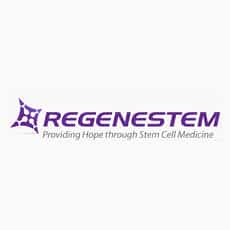
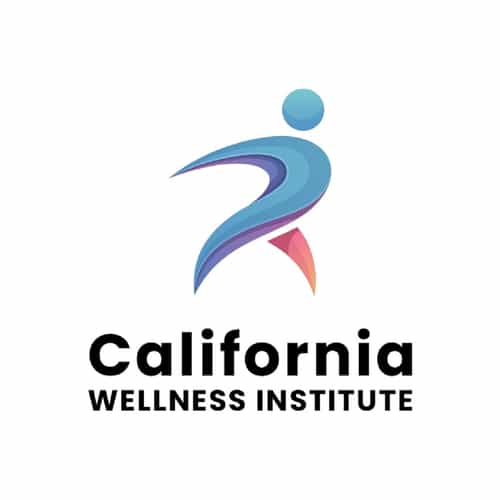

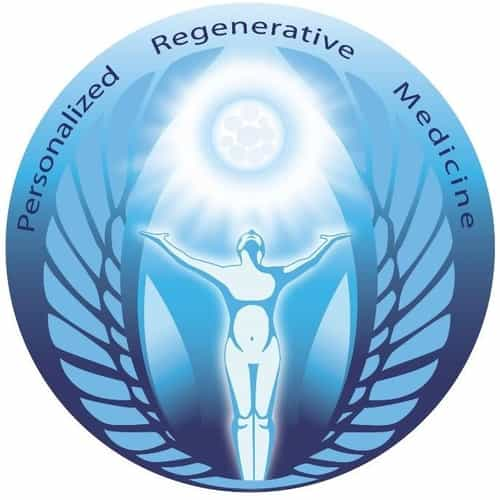
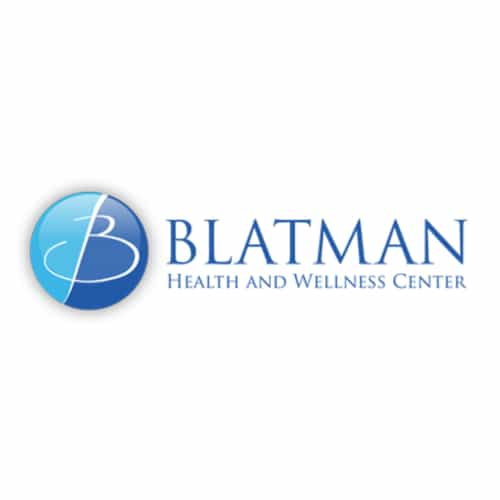
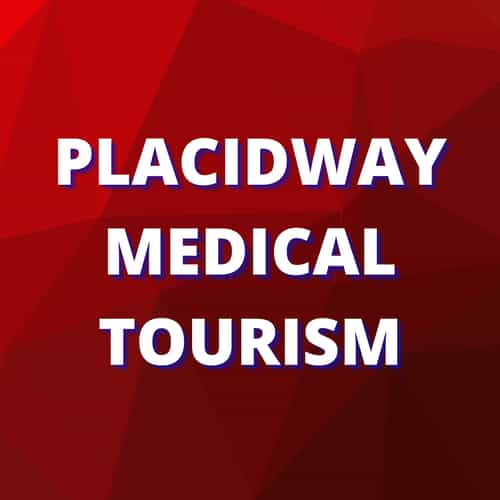
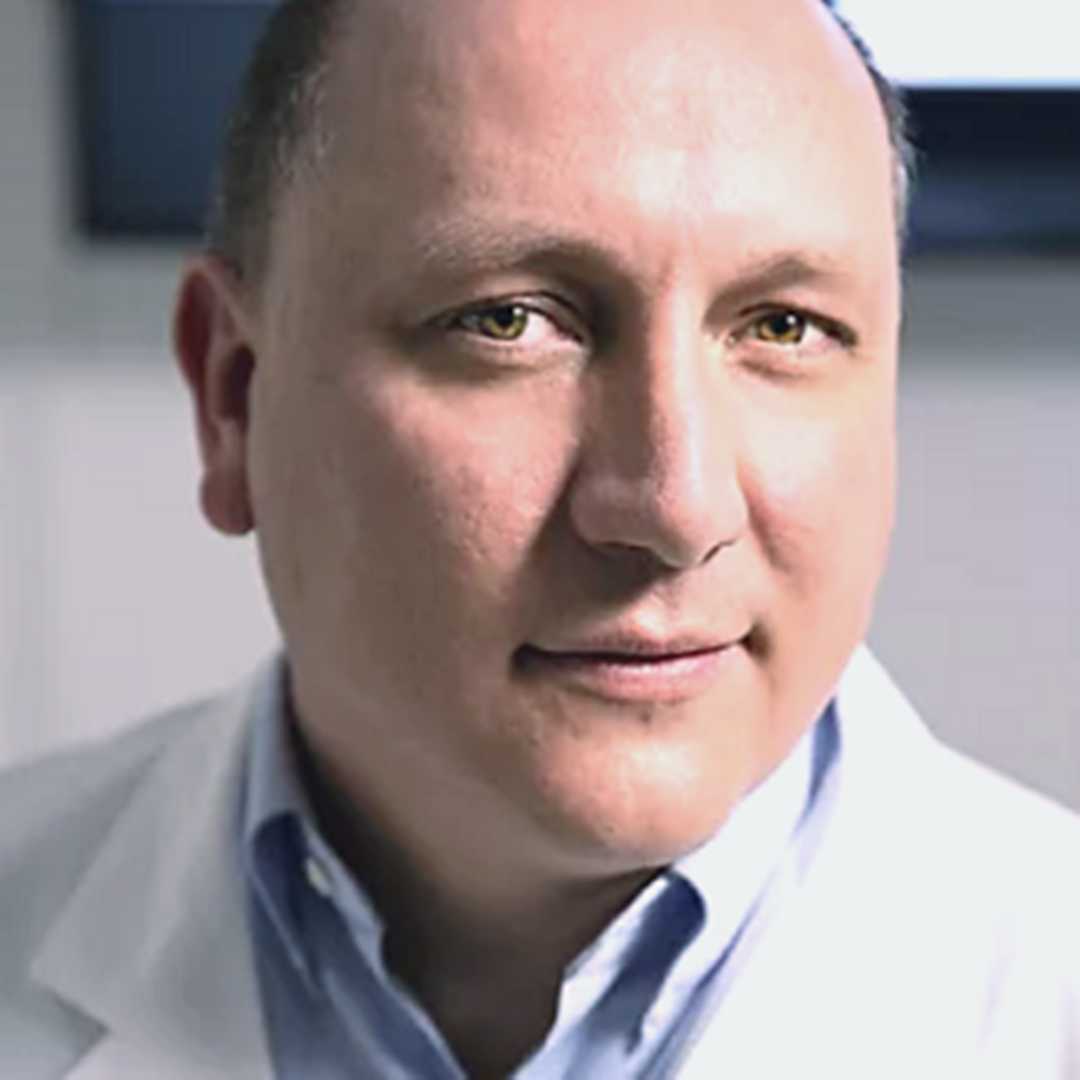




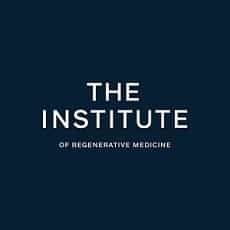
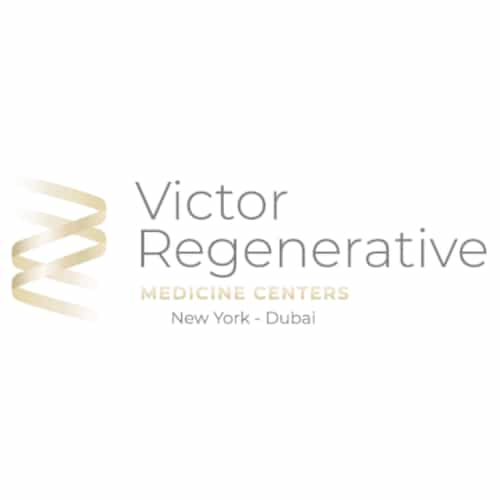
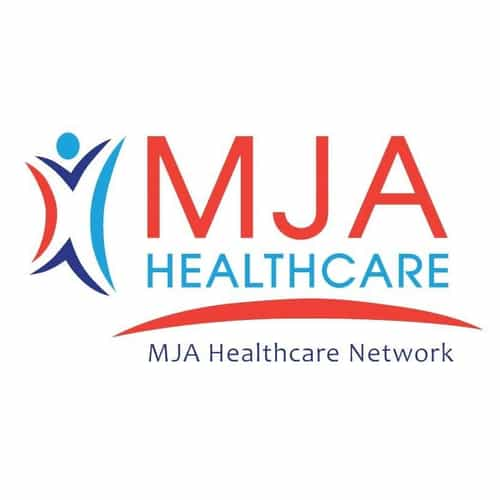
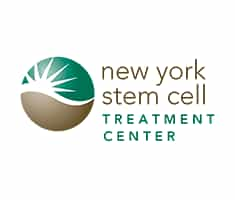
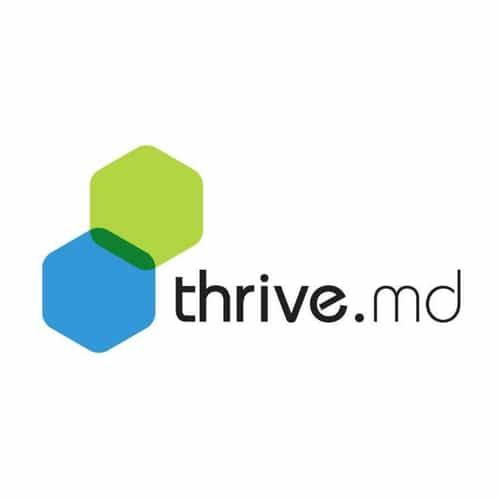
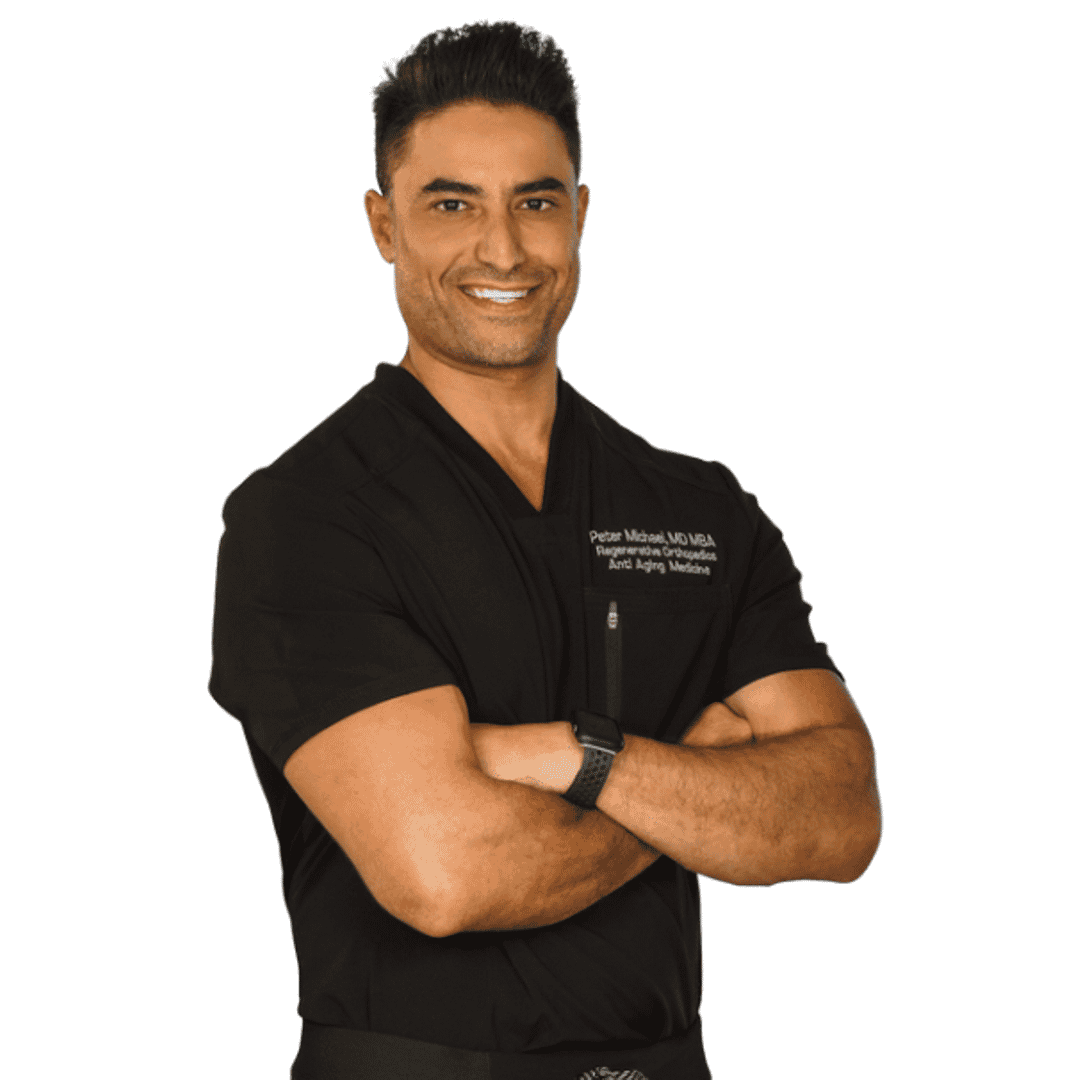




.png)
.png)
.png)


I just visited Regenestem office in Plantation, Florida and did an adipose stem cell procedure, peripheral blood stem cell, Ozone and IV vitamins treatment. It is a very clean safe place with excellent team who takes care of you. Everything was explained and all the questions answered. Dr. Stephen Channey is the best doctor I have ever met, he is very professional, caring and loving person. He does care about the patient and outcomes of the procedure. He knows what he is doing 100% and makes you feel at ease during the procedure. He answered all the questions during and after treatment and he has a great sense of humor so he makes you laugh! I would definitely recommend Regenestem to my friends and family. You will be in good hands! Ricardo and his team are the best!
Read More